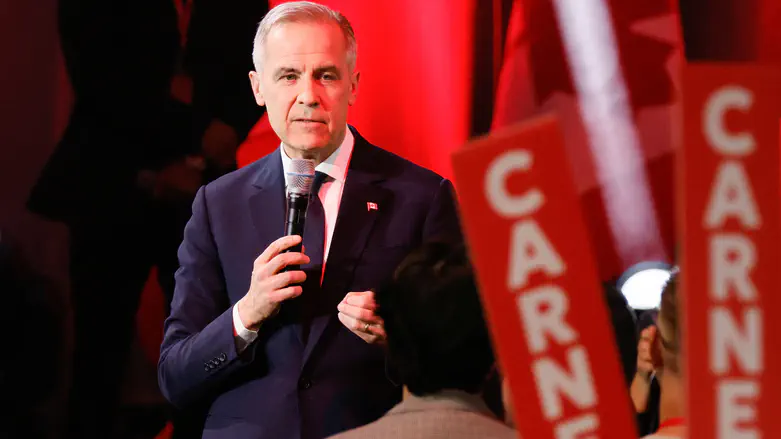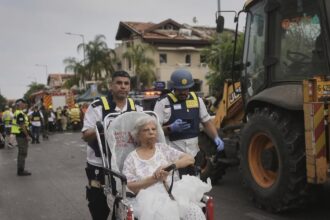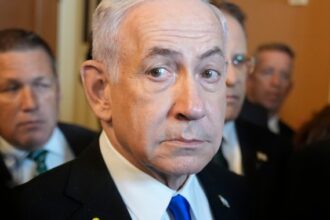In a marked shift from earlier diplomatic language, Canadian officials have reinforced Israel’s right to self-defense while simultaneously calling for restraint as regional tensions escalate to dangerous levels. This delicate balancing act comes as the international community watches with growing concern as Israel faces threats on multiple fronts.
“Every nation has the inherent right to protect its citizens,” stated Canadian Foreign Minister Mélanie Joly during an emergency parliamentary session yesterday. “However, we continue to urge all parties to exercise maximum restraint to prevent further civilian casualties and regional destabilization.”
The Canadian government’s position reflects the increasingly complex diplomatic landscape surrounding the Middle East conflict. While maintaining its traditional support for Israel’s security concerns, Ottawa has notably increased its calls for humanitarian considerations and de-escalation measures in recent statements.
Political analysts suggest this nuanced stance represents Canada’s attempt to navigate competing interests: maintaining its historical alliance with Israel while responding to domestic constituencies concerned about the humanitarian situation. According to recent polling by the Canadian Institute for Global Affairs, approximately 58% of Canadians support Israel’s right to defend itself, while 72% simultaneously express concern about civilian casualties.
The diplomatic maneuvering comes amid heightened tensions following a series of cross-border exchanges that threaten to pull the region into a wider conflict. Intelligence sources indicate that various regional actors are positioning forces in anticipation of potential escalation, creating what military experts describe as a “powder keg” situation.
Economic implications have already materialized, with global markets showing volatility in response to the uncertainty. Oil prices jumped 3.2% yesterday on fears of supply disruptions, while technology companies with significant Israeli operations have reported contingency planning for potential disruptions.
Canadian Jewish organizations have generally welcomed Ottawa’s stance. “The government’s recognition of Israel’s defensive posture reflects a clear-eyed understanding of the threats Israel faces,” said David Weinberg, director of the Canada-Israel Strategic Partnership Institute. However, other advocacy groups have called for Canada to take a stronger position on humanitarian protections.
The situation underscores Canada’s evolving role in Middle Eastern diplomacy. Once known primarily for its peacekeeping traditions, Canada now finds itself navigating a complex geopolitical landscape where traditional alliances and humanitarian concerns frequently intersect in challenging ways.
Military analysts warn that the next 72 hours could prove critical in determining whether the current tensions will deescalate or expand into a wider regional conflict. Canadian diplomatic personnel throughout the region have reportedly been placed on heightened alert, with contingency evacuation plans updated for Canadian citizens in affected areas.
As the international community watches developments unfold, a fundamental question remains: Can diplomatic efforts effectively balance security imperatives with humanitarian concerns in a region where historical grievances and contemporary strategic interests have created such a volatile mix?


















